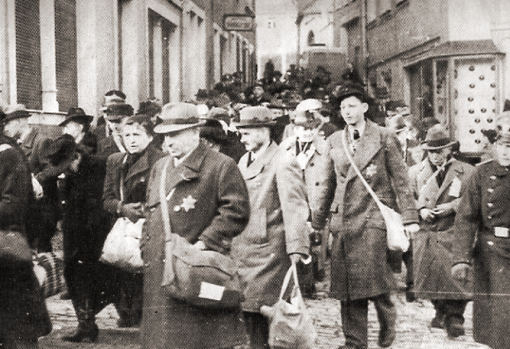Johno, the chief minister of Perfidy, took me to task on my post about the South ... or more specifically,
about the way that the South has shaped up:
Nat closes his piece with this: "My feeling is that the fate of the South is something more like Bavaria?perhaps less picturesque and without the tragedy." I beg to differ. The South is very much like Bavaria in those ways too. The entire self-identity of the American South is intimately tied to a romanticized, picturesque history of self-determination, rugged individualism, and languid rectitude. As much or more than Bavaria, Southern writers have struggled with this self image-- both to reinforce it and to crush it-- for two centuries. And as for tragedy... well, we don't really know exactly how many slaves died, but if there's a big leagues of historical tragedies, American slavery will at least be on the wild card bubble for the playoffs.
This is another one of those situations where we cannot, like Aristotle, master all knowledge or, like Aristotle, be forgiven for our faulty assumptions. Johno identifies a real problem for Southern culture, one that is especially striking in the light of the region's economic ascendancy. Moreover, I must defer to him in this matter. My knowledge of Southern literature is limited. Walker Percy was the only author whom I read at length, and he played with the phoenix of the "Southern Gentleman."

But getting back to Germany, there are parallels to the desire to remember the glorious past, the tragedy of the fall, and the forgetting of atrocities. Over at H-German, there is
an ongoing discussion about Der Brand. The controversy surrounds the Juerg Friedrich's book of the same name and a rediscovered work by the recently deceased WG Sebald,
On the Natural History of Destruction. Friedrich and Sebald, in different ways, attempt to restore the tragedy of the aerial bombing of German cities to the German consciousness. I do not want to go into the details, but it suffices to say that they see the bombings as a German tragedy.
But within that debate has emerged another: remembrance of the bombing versus remembrance of the Holocaust. One historian would call this Würzburg Syndrome. Würzburg is a city in the northern part of the Bavarian state. It is northwest of Nuremberg, and thus part of the historical region of Franconia (Franken). There is a prominent memorial to one of the bombings that took place in 1945; 4,000 people died that day, and most of them were buried in a mass grave. That day is also memorialized in a book by Nossack,
Der Untergang (Nossack is a minor writer, but he has gained new attention because he was mentioned by Sebald). But there is no memorial for the deportation of Jews--and Würzburg was a major point of departure for the deportations. The inequality between the two is obvious, but it raises larger questions: do Germans have the right to mourn for their tragedy, especially in the light of the Holocaust? I would answer that they might, but they cannot do so without great difficulty. Marc Spaulding, responding to Scott Denham (who created the term Würzburg Syndrome) also drew comparisons between this and the South:
The problem of choosing between conflicting claims of victimhood is certainly not confined to this historical example and discussion; German history does not always guard issues unique to itself. To cite another example, beginning in the 1880s, Southern whites in America invented the myth of the "happy slave" in part to fulfill the same function that local silence about the Holocaust does in Germany. Southern whites could mourn the very real destruction of their society _only_ by denying the obviously overwhelming and prior misery endured by African American slaves for so long; hence the absurd denial of slave misery via the "happy slave" myth. In Germany after 1945 it was not possible to steal the voices of Jews and monopolize a false projection of their history, as white Southerners did for their black former slaves. Instead, because the Jews were gone from Germany, ignoring or minimizing their fate was the easiest and most economical option.
But if we accept this, we must give some advantage to the Germans: the Holocaust was not the basis of German glory (despite what Daniel Goldhagen would say). Slavery is closely implicated in the historic glory of Southern culture. But can mourning be denied to either group? Perhaps if the tone shifted from "we were victims" to "we were our own downfall".
Side note: I do not want to implicate Sebald in anything untoward. He wrote a masterpiece of memory concerning the emigration of Jews and the submersion of their identity: The Emigrants. Read it.


